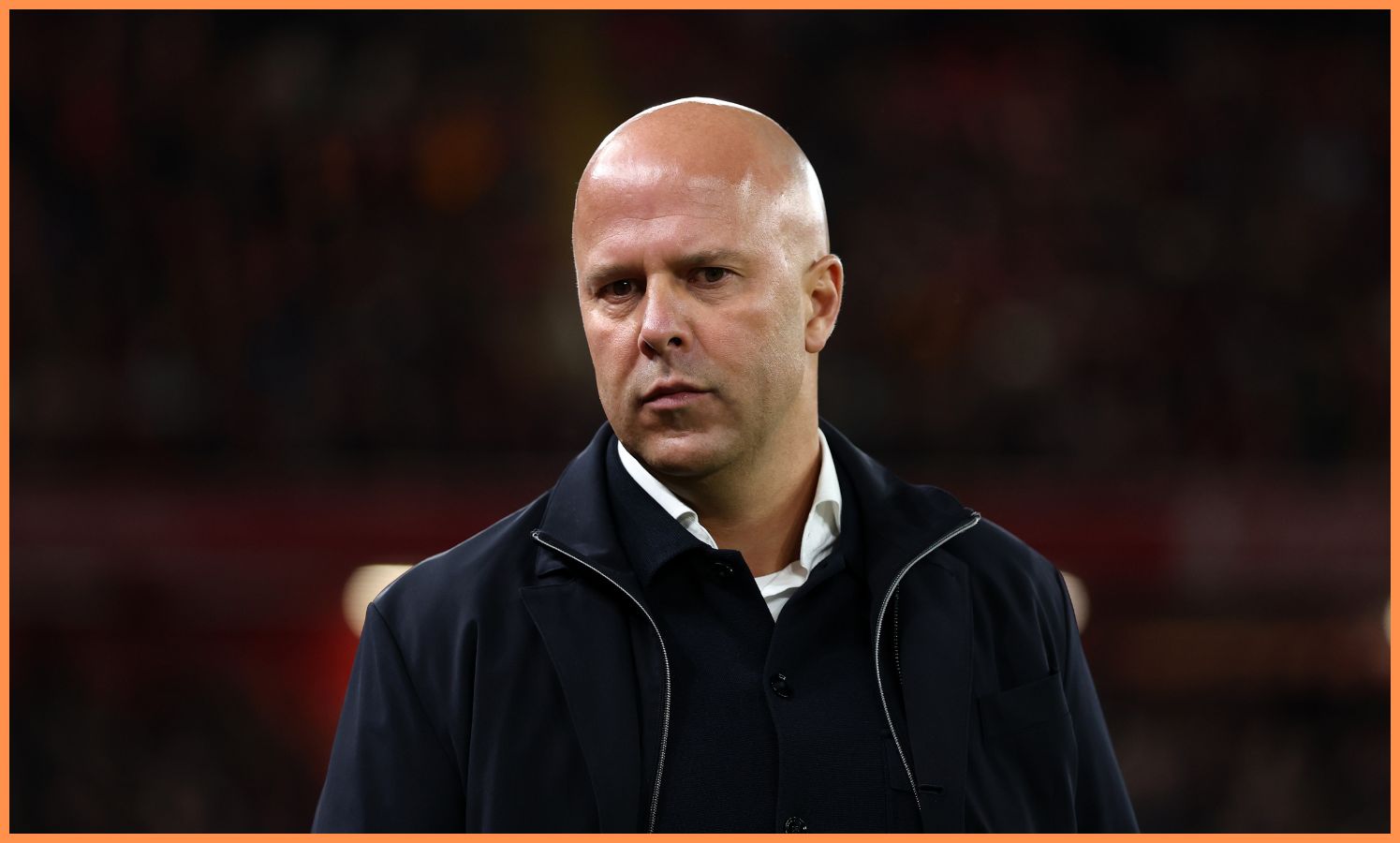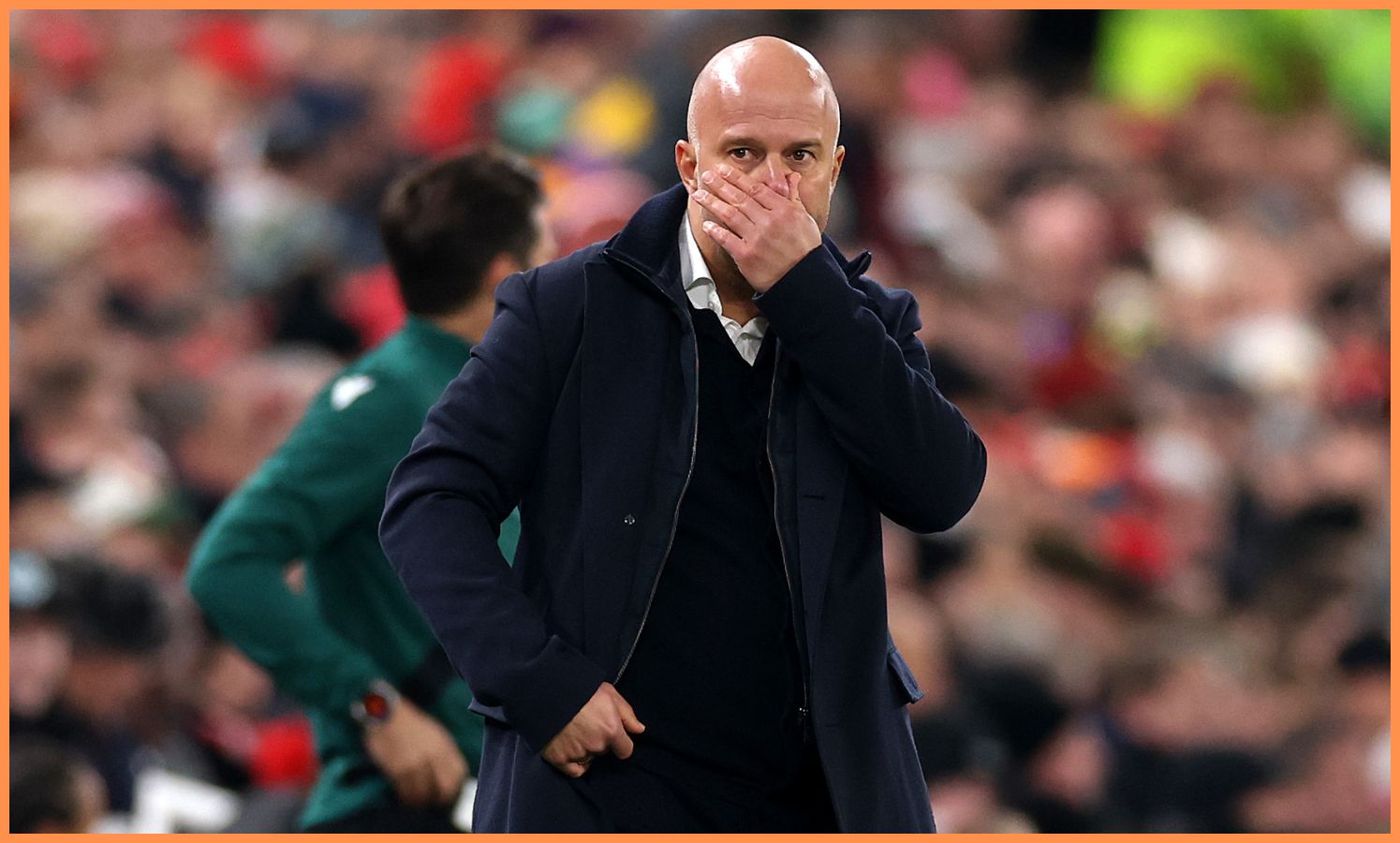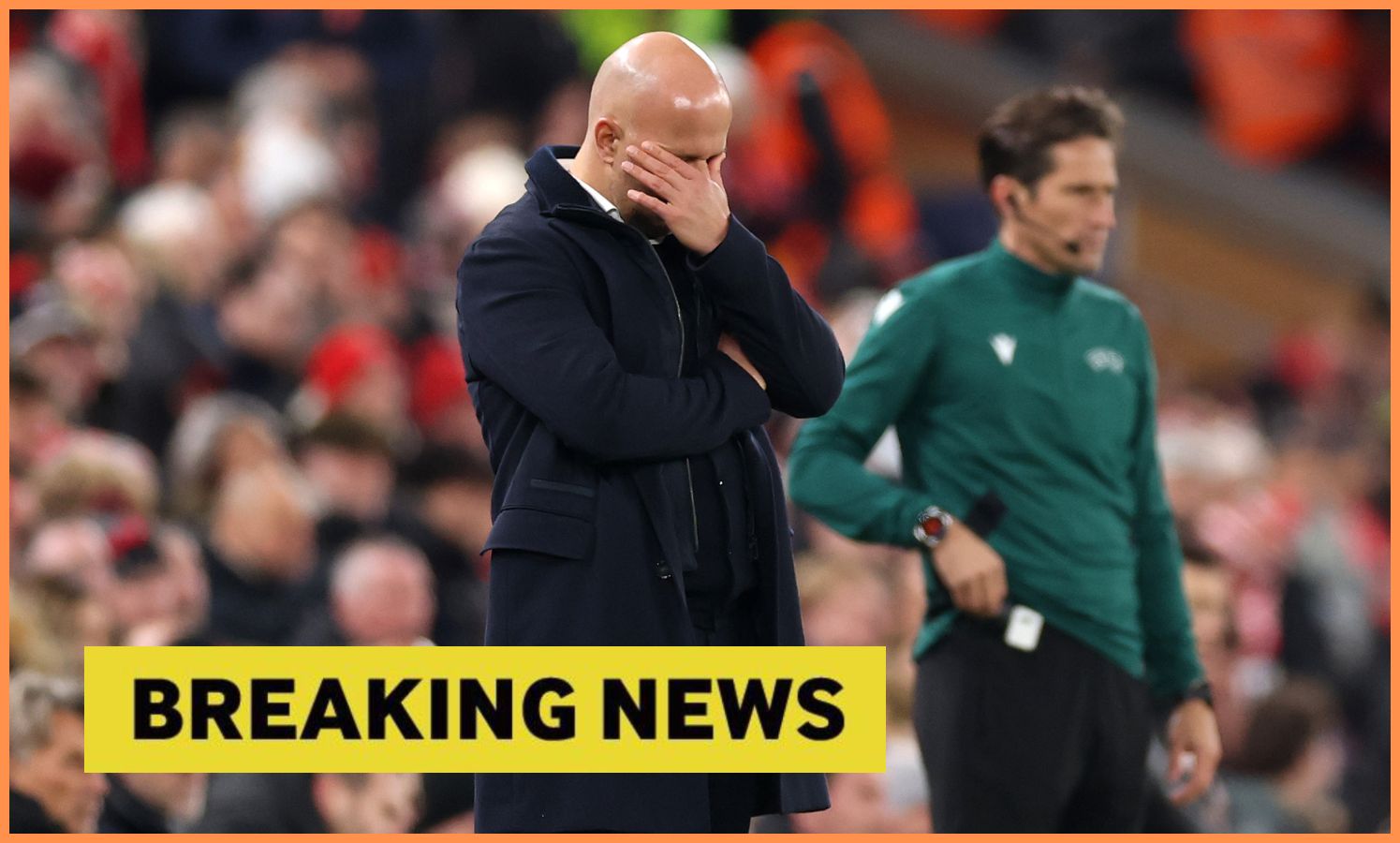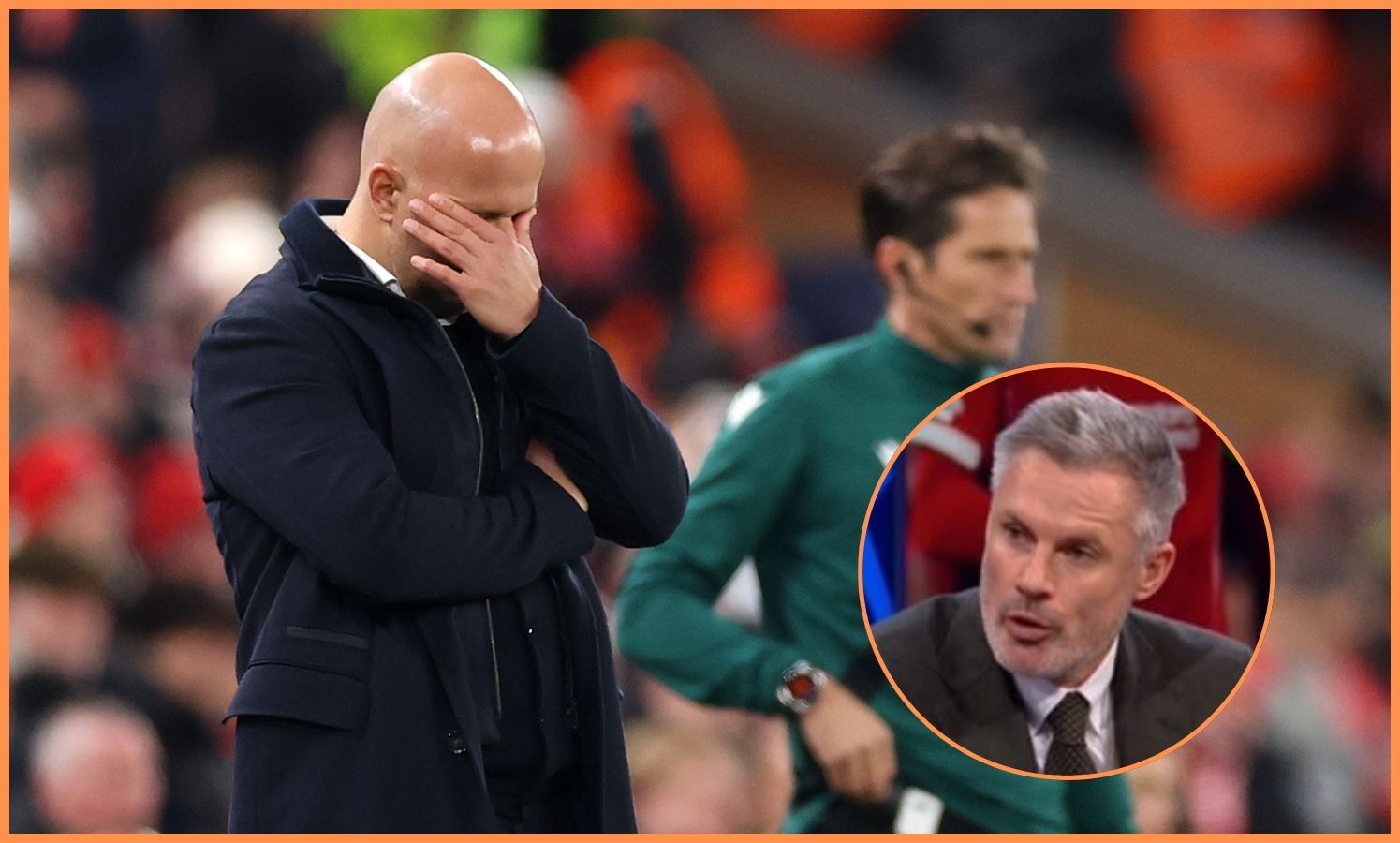The air in the Emirates Stadium crackled with tension long after the final whistle. Vincent Kompany, Bayern Munich’s manager, was a study in barely contained fury. Witnesses described a man transformed, his usual composure shattered by a stinging defeat at the hands of Arsenal.
Peter Schmeichel, the Manchester United legend, was positioned near the dressing room entrance and saw Kompany’s immediate reaction. “Oh my God!” Schmeichel exclaimed, recalling the scene. “He was the first one there, and so angry. I’ve never seen him like that!” The defeat clearly struck a nerve, igniting a rare display of raw emotion from the typically stoic manager.
The frustration stemmed from a confluence of factors. Kompany questioned the legitimacy of Arsenal’s opening goal, a contentious free-kick decision. Beyond that, individual errors plagued his team, particularly a glaring mistake by Manuel Neuer that contributed to a crucial goal. He felt his team had been in control, only to unravel through preventable lapses.

Arsenal’s victory wasn’t simply about Bayern’s mistakes; it was a showcase of their own rising stars. Jurrien Timber, recently praised by Gary Neville as one of the world’s best full-backs, opened the scoring and dominated throughout the match. His performance underscored Arsenal’s growing strength and tactical flexibility.
Bukayo Saka, a constant threat to Bayern’s defense, found himself relentlessly marked, a testament to his burgeoning reputation. While effectively neutralized at times, the attention he drew highlighted his importance to Arsenal’s attack and the respect he commands from opponents.
A bright spot for Bayern emerged in the form of 17-year-old Lennart Karl. Pre-match hype surrounding the young German proved justified as he delivered a composed finish, showcasing a maturity beyond his years and offering a glimpse of Bayern’s future.

However, even Karl’s goal couldn’t mask the struggles of Harry Kane. Returning to the Emirates, the England captain found himself largely silenced by Arsenal’s resolute backline, forced to track back defensively more often than leading the attack.
Despite the defeat, Kompany remained outwardly composed in post-match interviews, acknowledging Arsenal’s quality and impressive form. Yet, beneath the surface, a burning desire for redemption was evident. He eagerly anticipates a rematch, viewing it as an opportunity to learn and improve.
“We played against a very good Arsenal team today, so well done to them,” Kompany conceded. “But I’d love to play them again, as soon as possible.” He believes a return fixture, ideally on home soil, will allow his team to address the shortcomings exposed in this encounter and demonstrate their true potential.

Kompany’s assessment centered on a second-half collapse, a departure from the standards he expects from his players. He felt they became too easily exposed, allowing Arsenal to capitalize on basic errors. He acknowledged Arsenal’s depth, noting their ability to maintain quality even through substitutions.
The defeat serves as a crucial learning experience for Bayern, a reminder that even the most established teams are vulnerable. Kompany is determined to ensure his players react with the resilience expected of a top club, using this setback as fuel for future success. He hopes the lessons learned will prove invaluable when they meet again in the latter stages of the competition.






